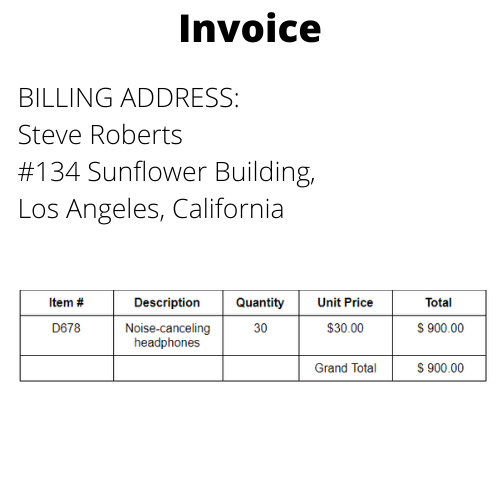| 1. enterprise | |
| -an organization, especially a business, or a difficult and important plan, especially one that will earn money | |
| He runs a successful small enterprise. | |
| 2. oblige | |
| -to force someone to do something, or to make it necessary for someone to do something | |
| Companies are obliged to give their employees decent wages. | |
| 3. comprehensive | |
| -complete and including everything that is necessary | |
| I want a very comprehensive explanation of this plan. | |
| 4. go green | |
| -to do more to protect nature and the environment | |
| The economist recommended a limit on vehicle and plane pollution as well as tax incentives to encourage people to go green. | |
| 5. in a nutshell | |
| -very briefly, giving only the main points | |
| In a nutshell, those businessmen thought they knew best. |
| 1. enterprise | |
| Answer: | |
| 2. oblige | |
| Answer: | |
| 3. comprehensive | |
| Answer: | |
| 4. go green | |
| Answer: | |
| 5. in a nutshell | |
| Answer: | |
To attain an environmentally friendly workplace, the organization went above and beyond by implementing a paperless policy. This endeavor, according to Moon Life Philippines CEO Tommy Holland, is part of a comprehensive program to go green. While the change was not easy, the management ensured that it was done correctly.
This policy obliges employees to reduce their printing usage. Memos and other papers are scanned and delivered electronically. The company’s management has also invested in online infrastructure, which will eliminate the need for paper in 90% of transactions.
Moon Life Philippines used to use roughly 25 metric tons of paper each year. In a nutshell, putting this policy into action will save the company money on paper.
| Your boss suggested that your company should adopt a paperless office policy. He/She then asked you to read an article about a paperless workplace. Discuss the material you have read with your tutor, who will pretend to be your boss. |
| 1. | Do you want your organization to implement a paperless policy? Why or why not? |
| 2. | What are some of the policy’s disadvantages? |
| Grammar 文法 |
Pronunciation 発音 | Vocabulary 単語 |
Comprehension 理解 |
|
|---|---|---|---|---|
 GOOD GOOD |
文法の誤りはほとんどなく、完全な文章で話すことができる | ほとんどの単語をはっきりと正しく発音することができる | 習った表現を適切に使うことができる | 文章を理解し、質問に正しく答えることができる |
 FAIR |
文法の誤りはあるが、完全な文章で話すことができる | 発音の練習が必要な言葉がいくつかある | たまにミスはあるが、習った表現を適切に使うことができる | 文章を完全に理解するのは難しく、質問に正しく答えられないときもある |
 POOR |
文章で話すのは難しく、単語だけで話すことができる | 発音の練習が必要である | 習った単語と表現を少しだけ使うことができる | 文章を理解するのは難しく、質問に答えるのは難しい |



